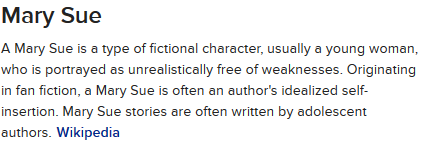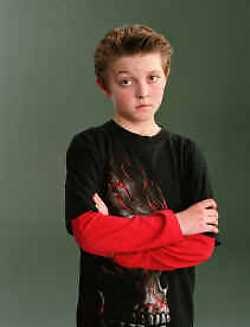(Disclaimer - it was a long time ago that I read the book and a fair while since I’ve seen the movies, so I might get some minor details mixed up).
Well, I’ll start with the positives - the part of the story I’ve always enjoyed most, in every version, is the hunt for the golden ticket. I enjoy the different ways in which the kids happen upon them, and Charlie’s increasing unlikelihood of coming across one. And while super-fortunate coincidences are by no means a way to get your character out of trouble, they’re a great way to kick start the events. You could also argue that it’s due to his persistence, making it a merit to his character.
It’s everything about that moment I like, though - not just the hunt. I like his humble beginnings, getting to meet his family, the complete contrast between their poor living conditions and the wealthy lifestyle of the kids on TV winning these tickets. And Charlies genuine valuing of chocolate - because he gets it so rarely - is also a great aspect.
It goes downhill pretty fast from the factory, though. I like Willy Wonka’s eccentricities, and I like some of the weird stuff that goes on in there. But by this point you basically should already understand everything that the story will be trying to tell you - Charlie is a good boy, the rest of the kids are rotten (and, one could argue, those qualities extend to their parents, in a way).
And it rapidly becomes very very formulaic - the vast majority of the book is just dedicated to finding creative ways to deal with these really horrid children. It’s quite a bizarre way to plot your story, really, and it’s tends to hover between “boringly predictable” and “awkwardly disquieting”. The reader seems to be encouraged to really want to revel in just watching all these satisfying punishments take place, in-between filler scenes of the factory’s workings - which doesn’t really make for much of a story, really.
Then it ends with Charlie getting the factory, which is alright - although there’s, like, no other children left, so it’s a somewhat forgone conclusion. It’s mildly satisfying, but still it almost feels like a retread of the Golden Ticket moment.
It’s an especially strange way to write a children’s book. I’m not a huge fan of the really black-and-white morality, even when it comes to children - I’m not saying Charlie can’t be very nice and humble or the other kids can’t be really bratty and horrible, but when your story really just boils down to “He’s just a good kid, and the others are just bad,” it kind of seems like a very superficial assessment of things. It feels… odd, especially given that children are (probably?) the target audience. It’s not at all clear how you’re actually supposed to feel reading the book. I think you’re meant to just be laughing the whole time…?
But by far the biggest flaw is that the entire story could have been about Charlie getting the Golden Ticket and you’d lose none of the thematic material. The only reason to keep going from there is if you want to spend the majority of the story watching completely irredeemable children suffer and Charlie win the factory, but really it’s just spelling out the thematic ideas that readers (even kids, don’t underestimate children’s ability to interpret story) should already understand by that point.

